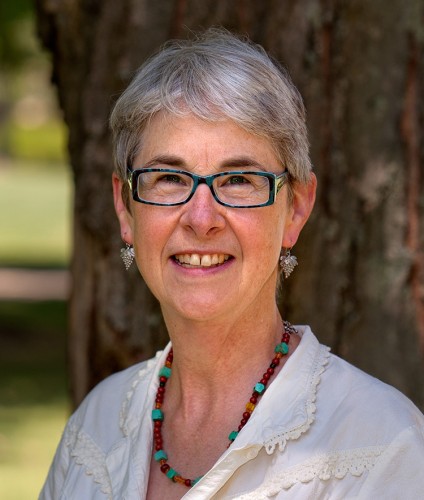
Affiliated Departments & Programs
Miriam Dean-Otting joined the faculty in 1984. In addition to RLST 101 and 103: Women and Religion, she teaches courses in Jewish Studies, including The Judaic Tradition, Modern Judaism, Jews in Literature and occasionally The Holocaust. She teaches Religion and Nature and lectures in ENVS 112 annually. She also teaches a course on the Hebrew scriptures and a topical course called Prophecy. She offers classical Hebrew as an independent study.
Her research interests lie in the intersections between Jews and the non-Jewish cultures in which Jews have made their home. Her publications have focused on Hellenistic Jewry, Jews in Germany and Central Europe in the nineteenth and twentieth centuries, and in conflict resolution and dialogue between Jews and Arabs in modern Israel. She has engaged in a study of the Jewish community of Calcutta (Kolkata), India.
Education
1983 — Doctor of Philosophy from Hebrew Union College, OH
1974 — Bachelor of Arts from Kenyon College